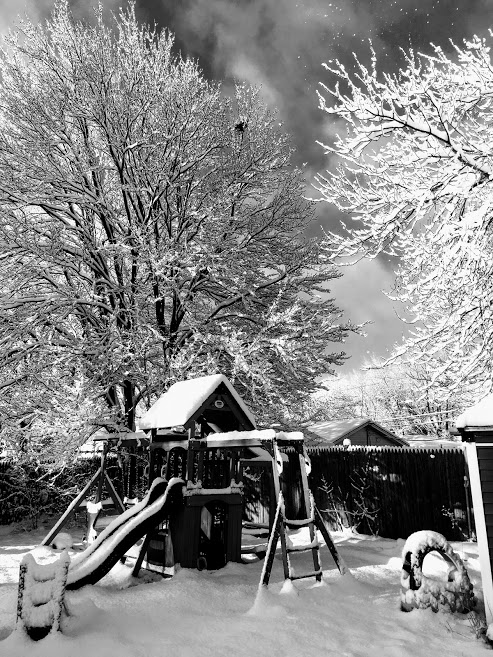Thoughts on the invitatory psalm. Every day the Liturgy of the Hours begins with the invitatory Psalm, a psalm that invites us into the day’s work of Praise. The default invitatory is Psalm 95, which begins with a literal invitation: “Come, let us sing to the Lord; and shout for joy to the Rock who saves us.” This is the Psalm about Israel’s exile in the desert. The Rock refers to the rock against which Moses struck his staff, from which water flowed to quench the thirst of the grumbling Israelites who did not trust that God who led them out of Egypt, who parted the waters of the Red Sea, would give them food and drink. The final two stanzas of the psalm refer specifically to their hardness of heart and their testing God and also to God’s punishment for their grumbling: they would have to remain in the desert for forty years and none of those who left Egypt as adults would get to see the promised land.
Psalm 95 says:
“Forty years I endured that generation,
I said their hearts go astray
and they do not know my ways,
so I swore in my anger
they shall not enter into my rest.”
Likewise, Saint Augustine says “Our hearts are restless until we rest in God.”
So, is restlessness a punishment or is it rather God’s remedy for when our hearts go astray?
When we feel restless, ill at ease, unable to settle, it is because we are far from God. Our hearts have wandered from loving him, like sheep that have foolishly left the green pasture and stumbled into a barren waste.
“Only in God is my soul at rest.” Psalm 62
How do I find this rest in God? Childlike trust. “Unless you become like a little child you shall not enter the kingdom of heaven.” Matthew 18
How then do we bear the season of restlessness, the time of the desert?
We think of it as a curse. So often it seems that God’s remedies are curses. It seems that he is punishing us for our behavior, withholding his reward from us because we failed to follow his commands. But it’s more like they are the natural consequences of our choices. Our hearts were made for him, deprived of him they feel incomplete. Without his presence we are wounded, even if we do not know why. Not because he is punishing us for leaving him, but because the state of being apart is itself a privation of that which we need.
When I lack water I thirst. When I lack food I hunger. When I lack sleep I am tired. When I lack God, I am restless.
What purpose does pain serve? It helps us to know when something is wrong so that we can seek to make it right. It helps us to avoid the bad.
Restlessness is an invitation, it serves to whet our appetite, to impel us to change, to seek that which we long for, that which is missing, that which will truly complete us. Without it, we would find contentment in desert places, in the wasteland. Or we would be content in captivity. We would be slaves in Egypt. But we were not meant to live in the wasteland nor were we meant to live as slaves. And if our hearts are waste and empty, then truly it is a kindness to let the outer landscape reflect the inner, to hold before our eyes a mirror, to dangle in front of us a carrot.
You were not made for this desert place, this empty worship of a golden god, of idols shaped like animals that have no life, no power to save. You were not made for wandering. You were made for paradise. You were made for love. Seek that which will give you rest.
Lent, too, is the season of restlessness, of privation. It’s the time of the desert, longing for the food we cannot eat, the pots of flesh left behind. It’s the time of longing for drink we cannot have. Longing for that which will fill our bellies when really we should be longing for that which will fill our souls. God imposed a fast on his people when they wandered for forty years in the desert. Each year we voluntarily choose to fast, to enter that desert. We choose privation because we hope that it will lead us to the promised land. We choose to be restless, to entertain hunger. We choose not to be satisfied. We choose the way of little rest, hoping that we will find the greener pastures waiting on the other side of the distant river.
Can I bear to pass through the desert? Can I bear to pass over that river? Do I believe in the promised place of rest at the end of the time of exile?







